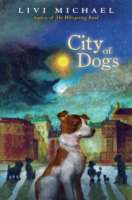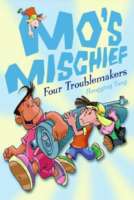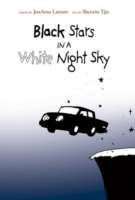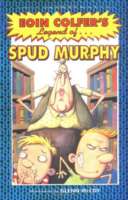
When sixth-grader Gene Tucks moves south, she dreads being the new kid at school and almost everything else about her life as a “nobody.” But what she dreads most is the hundred-day journal-writing assignment her teacher has given the class. His brilliant idea is to have the journals locked in the town museum’s vault for forty years so that future grade-sixers can read them. At first, Gene has trouble writing to someone who isn’t even born yet. But little by little, Dear Nobody becomes Dear Somebody, who evolves into Dear Toni. And bit by bit, Toni, a good listener, becomes a best friend to whom Gene tells everything. And, there’s lots to tell. Gene’s family is in transition to say the least. Her dad is looking for work, they are moving — again, her brother is the bane of her existence, and, more than anything else in the world, Gene wants something she can’t have — a dog. Toni is the first to learn that Gene is moving to a rent-free empty apartment at the back of a gas station, so her dad can manage it. And wonder of wonders, the owner’s dog needs looking after. Not just any dog; a St. Bernard who happens to have three pups. Through Gene’s one hundred entries the whole story unwinds and in the end, just like Toni does forty years later, we have come to know one of the freshest, funniest characters to grace the pages of a book in a very long time. Decorated with doodles by the author, Dear Toni has the look and feel of a journal, but the heart of a special 12 year old.









